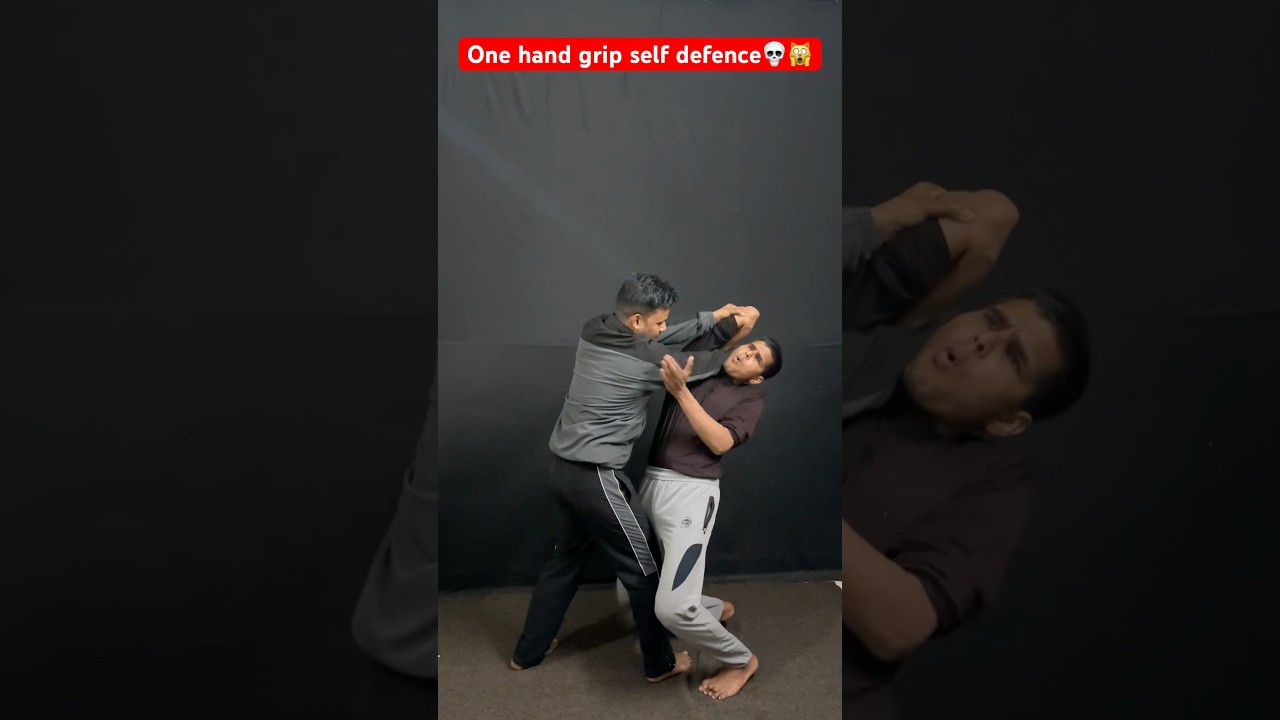Womens Self Defense
Navigating the Legal Minefield: What Happens When You Resist Assault

Assault is a serious crime that can have long-lasting consequences for both the victim and the perpetrator. When faced with a situation where you are being assaulted, it can be difficult to know how to respond in a way that keeps you safe and legal.
One common reaction to an assault is to resist the attacker in order to protect yourself. While this response is understandable and may be necessary in some situations, it is important to be aware of the potential legal consequences that can arise from resisting assault.
In many jurisdictions, individuals have the legal right to defend themselves against an attacker in order to protect themselves from harm. This is known as self-defense, and it is a recognized legal defense in many criminal cases. However, the use of force in self-defense is subject to certain limitations and conditions.
One key consideration in determining whether a person’s actions in self-defense were justified is the concept of proportionality. This means that the amount of force used in self-defense must be reasonable and proportionate to the threat posed by the attacker. For example, if someone is being verbally threatened by an unarmed individual, it would not be justified to respond by using a lethal weapon.
Another important consideration is the concept of imminent threat. In order to claim self-defense, a person must be facing an immediate and credible threat of harm. If the threat has already passed or if there is no longer a reasonable fear of harm, using force in self-defense may not be legally justified.
It is also important to be aware of the potential legal consequences of resisting assault. In some cases, a person who uses force in self-defense may still face criminal charges and legal proceedings. This can be a complex and stressful process, and it is important to seek legal advice and representation if you find yourself in this situation.
In addition to criminal charges, individuals who resist assault may also face civil litigation from the attacker. This can result in financial damages and legal penalties, even if the use of force was justified as self-defense.
Navigating the legal minefield of resisting assault can be a daunting task, but it is important to be aware of the potential consequences and to act in a way that is both effective and legal. Seeking legal advice and understanding your rights and responsibilities can help you protect yourself and navigate the legal system in the event of an assault.
Womens Self Defense
One hand grip self defence techniques#shorts💯☠️🙀#roadfight#short

One hand grip self defence techniques#shorts ☠️ #roadfight#short https://www.youtube.com/@Vipin_Kumar_90 . Related …
source
Womens Self Defense
How State Laws Impact Your Right to Defend Yourself

In the United States, the ability to defend oneself is a fundamental right. However, the extent to which individuals can exercise this right is largely determined by the state laws that govern self-defense. These laws vary significantly from state to state, and understanding them is crucial for anyone interested in protecting themselves in the event of a threat.
One of the key factors that determine the right to self-defense in each state is the concept of stand your ground laws. Stand your ground laws allow individuals to use lethal force in self-defense without having a duty to retreat first. In states with stand your ground laws, individuals have the right to defend themselves with force if they reasonably believe that they are in imminent danger of death or serious bodily harm. However, some states impose limitations on the use of deadly force, such as requiring individuals to first attempt to retreat before resorting to self-defense.
Another important consideration in determining the right to self-defense is the Castle Doctrine. The Castle Doctrine allows individuals to defend themselves in their homes, vehicles, or other places where they have a legal right to be, without a duty to retreat. This doctrine is based on the idea that individuals have a right to feel safe and secure in their own spaces and should be able to protect themselves without fear of legal repercussions.
Additionally, some states have specific laws governing the use of force in defense of others. In these states, individuals may be able to use lethal force to defend another person if they believe that person is in danger of serious harm or death. However, the laws surrounding defense of others can be complex and vary widely from state to state, so it is important to familiarize oneself with the laws in their specific state.
It is also worth noting that state laws on self-defense can affect the legal consequences of using force in self-defense. In some states, individuals who use force in self-defense may be immune from civil liability or criminal prosecution, while in others, individuals may still face legal repercussions even if they were acting in self-defense. Understanding the laws in your state can help you make informed decisions and protect yourself effectively in dangerous situations.
In conclusion, state laws play a crucial role in determining the extent to which individuals can exercise their right to self-defense. It is important to familiarize yourself with the laws in your specific state to understand your rights and obligations when it comes to protecting yourself and others. By being informed and prepared, you can effectively defend yourself in dangerous situations and ensure your safety and security.
Womens Self Defense
[02] Women’s self-defense techniques when their arms are pulled #shorts #kravmanga #vothuat

You are walking and a stranger grabs your hand and pulls you, here is a simple and effective self-defense technique. With a deep …
source
-

 Womens Self Defense9 months ago
Womens Self Defense9 months agoNew Legislation Empowers Women to Defend Themselves
-

 Self Defense News1 year ago
Self Defense News1 year agoShe was convicted of killing her abusive boyfriend. Now a Maple Grove woman is home awaiting a new trial.
-

 Self Defense News1 year ago
Self Defense News1 year agoSelf-Defense for All: The new Gracie Jiu-Jitsu Pasadena is for everyone | Online Features
-

 Womens Fitness1 year ago
Womens Fitness1 year agoXtreme Bodyweight HIIT (Lots of Jumping!) | Joanna Soh (Fio Series)
-

 Womens Self Defense1 year ago
Womens Self Defense1 year agoTop 5 Self-Defense Techniques Every Woman Should Know
-

 Womens Self Defense6 months ago
Womens Self Defense6 months agoUnderstanding State-by-State Variation in Self Defense Laws
-

 Womens Preparedness1 year ago
Womens Preparedness1 year ago10 essential skills for surviving in the great outdoors
-

 Self Defense News1 year ago
Self Defense News1 year agoBRPD offering free self-defense classes for women



